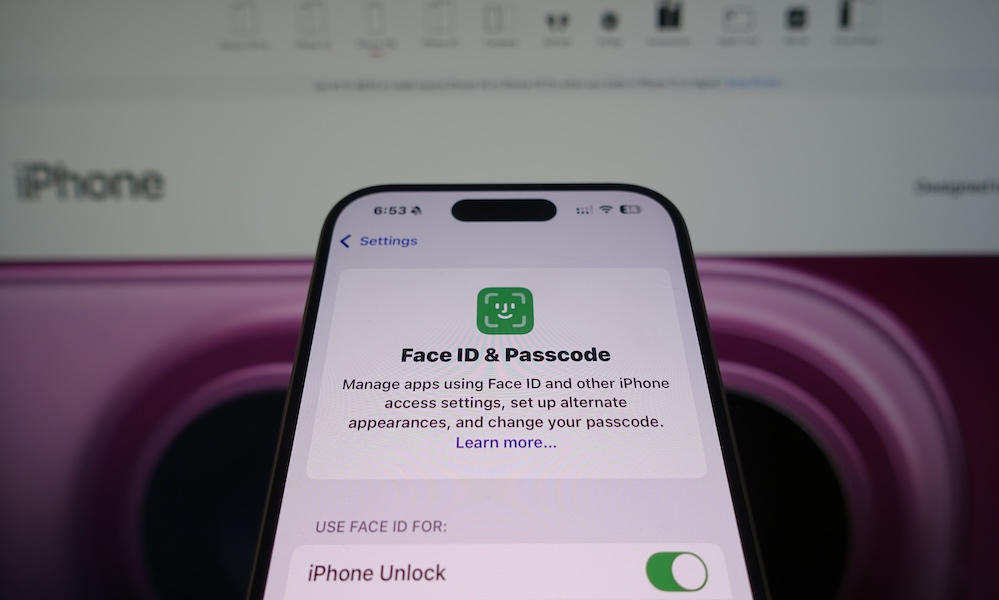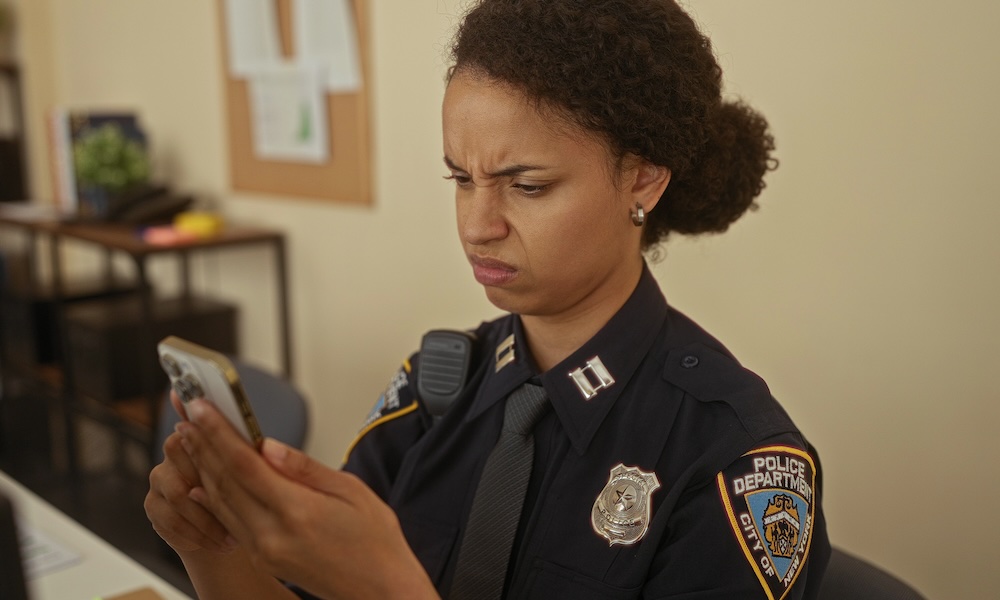Can Police Make You Unlock Your iPhone?
 Bendix / Adobe Stock
Bendix / Adobe Stock
Toggle Dark Mode
We all have private information on our iPhones. Whether or not we have a right to privacy with regard to these personal materials is another (and extremely complicated) question.
There are the Fourth Amendment rights protecting us from unlawful search and seizure, and the Fifth Amendment right against self-incrimination. How these rights apply when it comes to law enforcement accessing your smartphone varies across jurisdictions. In most cases, a law’s application depends on whether or not you use a passcode or biometric data (like Face ID or Touch ID) to unlock your phone.
Courts generally treat the compelled disclosure of a smartphone’s passcode by law enforcement as a violation of the Fifth Amendment because a passcode is considered “testimonial” evidence. In short, testimonial evidence reveals the contents of your mind and involves communicating information, whether by way of speaking, writing, or otherwise. So, if law enforcement asks you to provide the passcode to your iPhone, you’re not required to provide it. The Fifth Amendment states, “No person…shall be compelled in any criminal case to be a witness against himself.”
On the other hand, the compelled disclosure of non-testimonial evidence is usually not protected by the Fifth Amendment. Examples of non-testimonial evidence, or physical evidence, include things like providing a blood sample, giving fingerprints, and handwriting samples. Many courts have also ruled that law enforcement can compel you to unlock your phone with your finger (Touch ID) or face (Face ID) without violating your Fifth Amendment rights.
Recently, two US circuit courts made different decisions regarding the compelled use of biometric data to unlock phones. This leaves open the possibility of the Supreme Court resolving the split and setting a national standard for the compelled use of physical identifiers to unlock phones. Such a decision would have major privacy implications for everyone.
In January of this year, the United States Court of Appeals for the District of Columbia Circuit ruled on an appeal in United States v. Brown that compelling the defendant to unlock his phone with his fingerprint was “testimonial” and not just a physical act, therefore violating his Fifth Amendment right against self-incrimination.
In this particular case, during the execution of a search warrant, the FBI found the defendant’s phone and asked for his password. After the defendant offered three unsuccessful passwords, he complied with a request to use his fingerprint. Although he complied, the government admitted the act was involuntary. This ruling came in the face of the search warrant that stated law enforcement could compel physical biometric information to unlock the defendant’s phone.
In 2024, the Court of Appeals for the Ninth Circuit reached a different conclusion with regard to the compelled use of a fingerprint to unlock a phone in United States v. Payne. In this case, the Ninth Circuit held that law enforcement forcibly grabbing a defendant’s thumb and using it to unlock his phone did not violate his Fifth Amendment rights and was not testimonial evidence. While it may be counterintuitive to us non-legal scholars, a court’s ultimate determination on the legality of compelling fingerprint or facial recognition data to unlock a phone likely hinges on what law enforcement communicated to the individual before the phone was unlocked.
We’ll keep an eye out for any major developments in this area and keep you posted. So far, the Supreme Court has declined to address the issue. It denied Utah’s request to review the Utah Supreme Court decision holding that verbally disclosing a passcode is testimonial and protected by the Fifth Amendment. As of today, there’s no national precedent on the legality of the compelled use of passcodes or biometric data to unlock phones.









